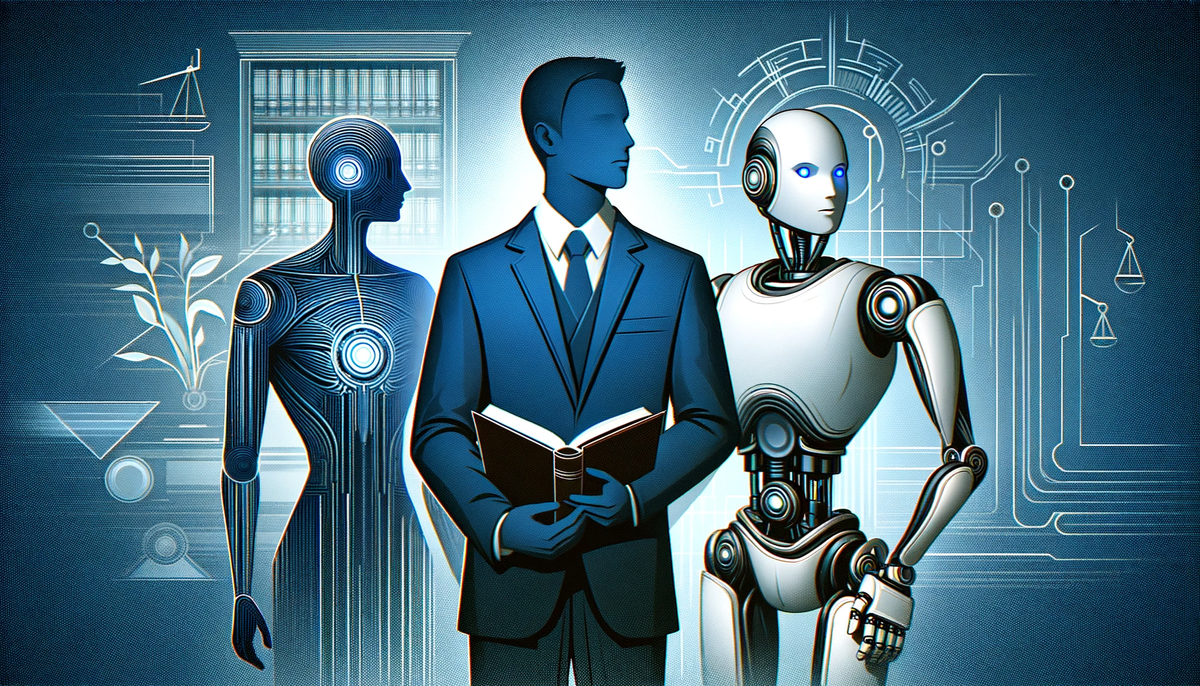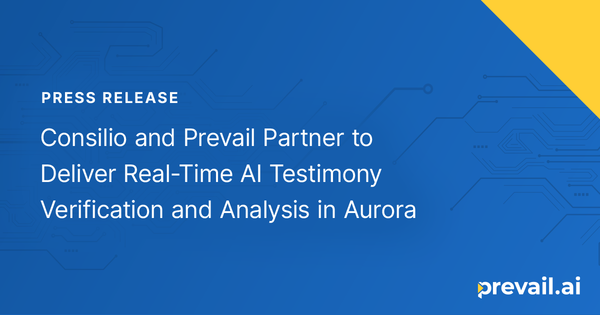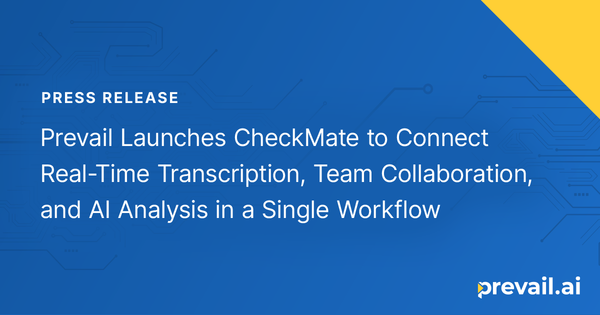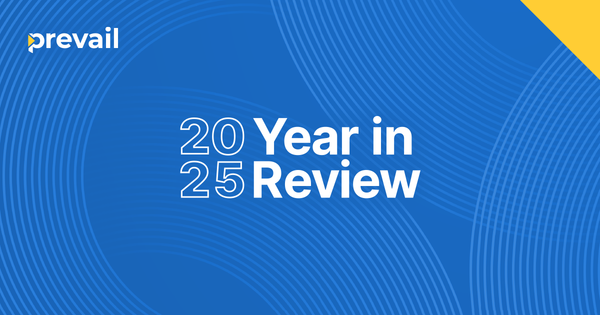Embracing AI: Transforming Legal Jobs for the Better
We examine how generative AI is reshaping legal jobs by increasing accuracy, cost-effectiveness, and efficiency. Learn how AI complements the expertise of legal professionals, leading to a future of improved client outcomes and innovative job roles.

Generative Artificial Intelligence (AI) has already revolutionized numerous industries, and the legal sector is no exception. Experts expect this technology to radically affect economic growth across multiple industries, with one study by Goldman Sachs estimating that 44% of legal tasks will be affected by AI.
Although many legal professionals are apprehensive about the AI revolution, the pros of adopting AI into legal practice outweigh the cons. By leveraging advanced technologies like GPT-4, legal professionals are discovering the potential benefits of AI in terms of increased productivity, streamlined processes, and cost reduction for firms and clients. In this article, we explore the rise of generative AI in the legal industry and its transformative impact on legal jobs.
The Rise of Generative AI in the Legal Industry
Law firms and legal departments are increasingly adopting generative AI tools to enhance their operations. These tools help accelerate and streamline legal research, document drafting, contract analysis, and other time-consuming tasks. Large-language models can process vast amounts of information quickly, enabling attorneys to save valuable time and resources.
Prevail, for instance, streamlines remote proceedings with a sophisticated digital testimony platform accelerated by AI. Prevail's software uses artificial intelligence to enhance the speed and accuracy of information processing, rapidly recording and transcribing virtual depositions and other legal proceedings. A human touch refines the transcript to verbatim accuracy, greatly reducing the risk of "hallucinations" or other AI-related concerns.
Advantages of Generative AI in Legal Jobs
Generative AI offers several advantages that significantly impact legal jobs. It increases productivity by allowing attorneys to focus on higher-value work such as strategy development and client interaction. With time-consuming tasks automated, legal professionals can deliver more efficient legal services.
Generative AI tools streamline tasks like legal research and contract analysis. These tools possess the ability to quickly sift through thousands of pages of case law, providing relevant information and insights in a matter of minutes. This significantly reduces the time spent on research, enabling lawyers to work more efficiently.
The incorporation of large-language models enhances accuracy in legal tasks. AI tools minimize the risk of human error, ensuring greater precision and reliability in legal documents and analyses. This increased accuracy contributes to better outcomes for clients and improved efficiency in legal practice.
Cost-effectiveness is another significant advantage of generative AI in the legal industry, especially for small to medium firms where budget is a bigger factor. By automating repetitive tasks and streamlining workflows, AI tools have the potential to reduce the costs of tedious human labor. This optimization of billable hours allows legal professionals to deliver high-quality services at competitive rates, benefiting both the clients and the law firms.
Transforming the Legal Profession
The financial dynamics of the legal business will certainly be impacted by the rise of artificial intelligence. As AI tools streamline tasks that previously required extensive human effort, law firms may need to reassess their traditional revenue model based on billable hours. This is not a bad problem to have!
Rather than replacing lawyers, AI is augmenting their capabilities. Human oversight remains crucial, especially in complex legal matters that require nuanced judgment. Lawyers will transition to more strategic roles, leveraging AI as a valuable tool to enhance their expertise and provide superior legal services.
The adoption of generative AI also creates new job opportunities within the legal field. Roles such as AI trainers, interpreters of AI-generated content, and ethical AI consultants will emerge. This evolution of legal skill sets will be essential to fully leverage the benefits of AI and ensure its responsible use in the industry.
Addressing client concerns is a vital aspect of integrating AI into legal practices. Maintaining client trust and confidentiality is paramount. Legal professionals must address concerns about data security and the responsible use of AI. Balancing AI's capabilities with human judgment and maintaining transparency will foster trust with clients.
The Future of AI in the Legal Field
As generative AI tools continue to evolve and demonstrate their value, their adoption will expand across law firms and legal technology companies. The integration of AI into legal processes will become increasingly commonplace.
Collaboration between AI technologies and legal professionals will be crucial for harnessing the strengths of both. This partnership will enhance efficiency, accuracy, and the overall quality of legal services. Human oversight and review of AI-generated content will be essential to ensure the ethical and responsible use of AI in the legal industry.
Anticipating advancements in AI is vital for the legal profession. As AI technology rapidly evolves, legal professionals should stay proactive in understanding its potential implications for legal jobs and stay abreast of new developments. Nimbly adapting to these changes will help legal practitioners leverage AI's capabilities effectively and prepare for the changing landscape of the legal industry.
Embracing the AI Revolution
Generative AI is a game-changer in the legal industry, empowering legal professionals with unprecedented capabilities. By embracing AI tools like Prevail, attorneys can enhance their productivity, streamline processes, and deliver better legal outcomes. The legal profession needs to recognize the potential benefits of generative AI while acknowledging the importance of human expertise. With the right balance, AI can help shape a future of increased efficiency, reduced costs, and new opportunities in the legal industry.





